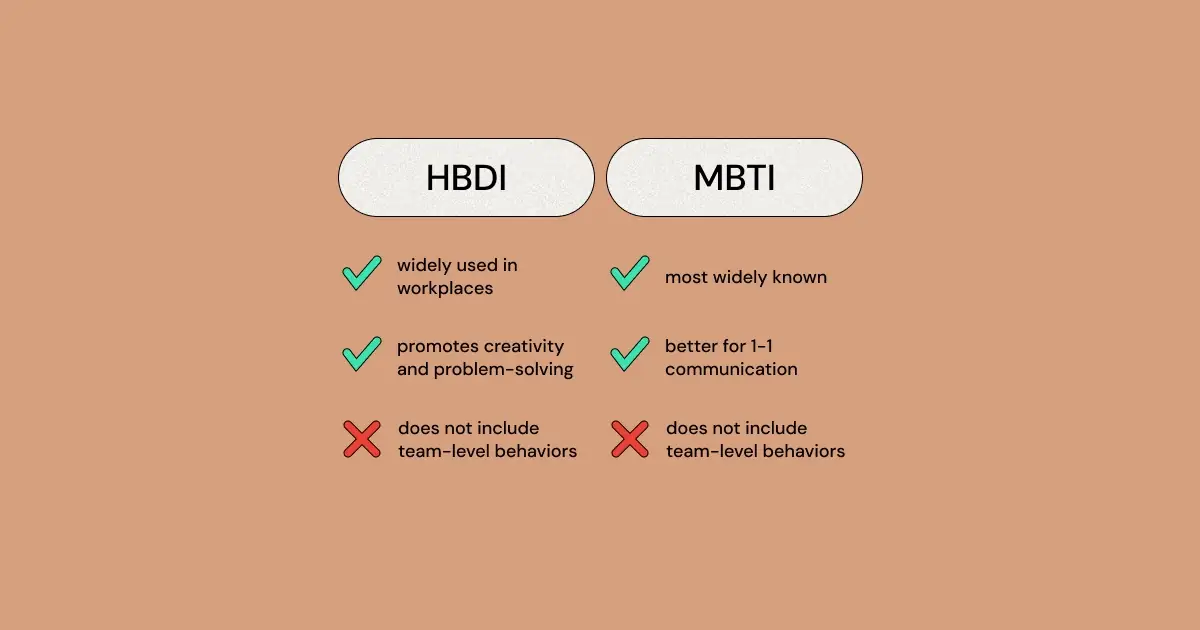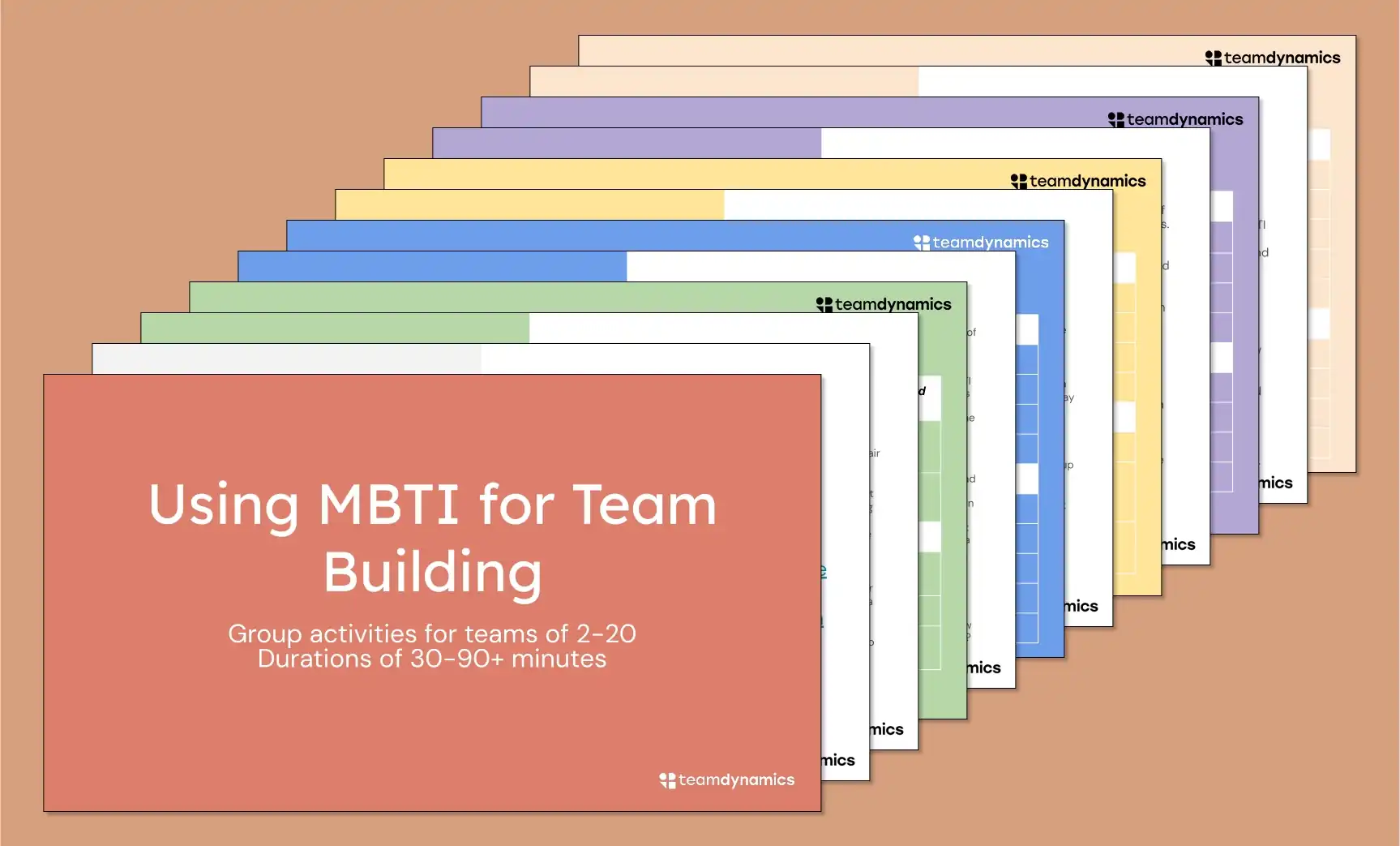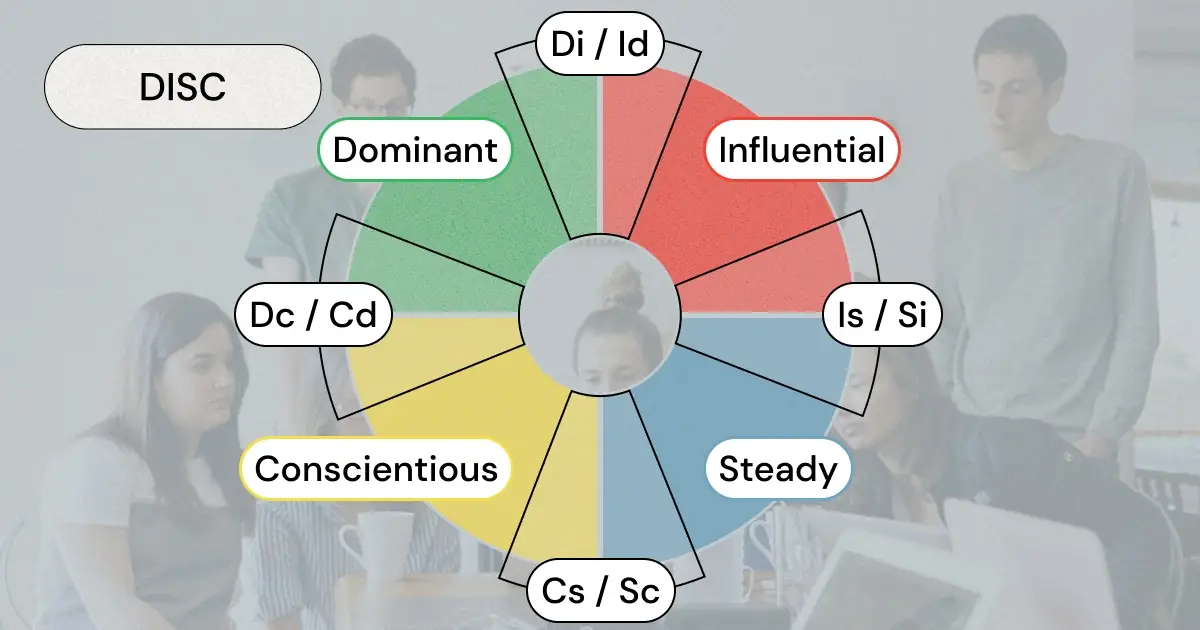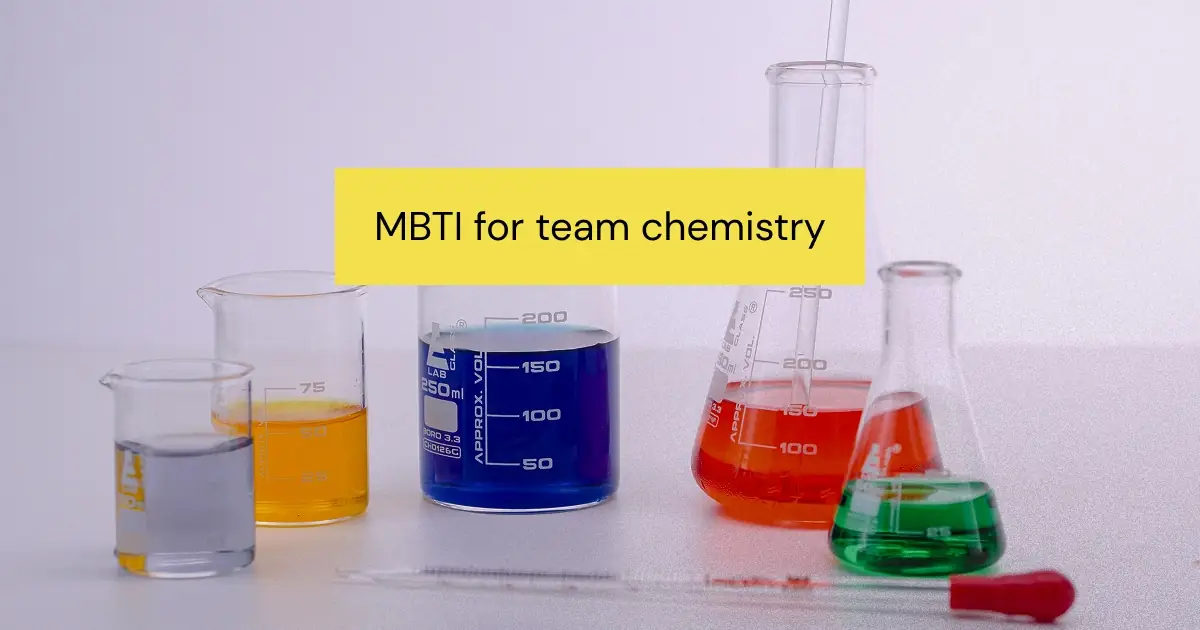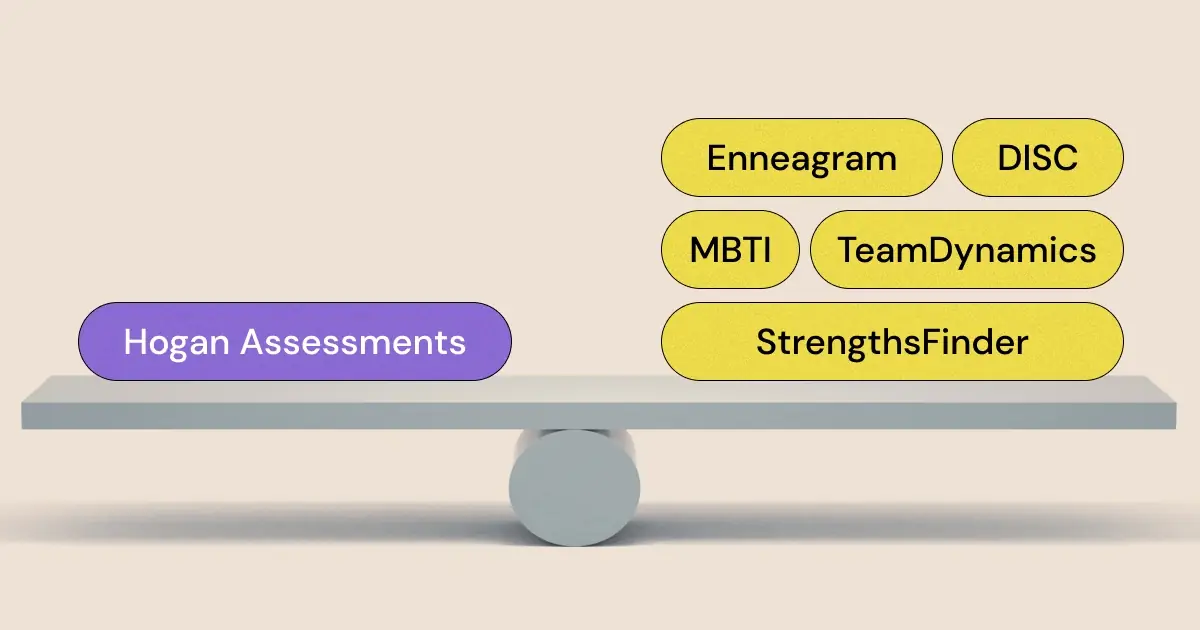The quest to understand human personality has led to the development of various personality tests, each claiming to offer a unique and comprehensive insight into our cognitive and behavioral patterns. Two of the most popular and widely used assessments are the Herrmann Brain Dominance Instrument (HBDI) and the Myers-Briggs Type Indicator (MBTI). This blog post will delve into the histories, methodologies, strengths, and limitations of these two personality tests to help you better understand their differences and applications.
History of MBTI and HBDI
The MBTI was developed by Katherine Cook Briggs and her daughter, Isabel Briggs Myers, in the 1940s, based on Carl Jung's theories of psychological types. Jung believed that people can be classified into different personality types based on their dominant cognitive functions. The MBTI was created as a way to measure and categorize these types, ultimately aiming to help people understand themselves better and improve their personal and professional relationships.
The HBDI, developed by Ned Herrmann in the 1970s, focuses on thinking preferences rather than personality types. Herrmann was inspired by his work at General Electric and later founded the Herrmann International company to promote the HBDI. This assessment aims to help people identify their dominant thinking styles, thereby assisting them in optimizing their cognitive abilities and improving their decision-making processes.
Looking for the most popular alternatives to HBDI? Check out the 5 best alternatives to HBDI.
Methodologies behind HBDI and MBTI
The MBTI assessment assigns individuals one of 16 possible personality types, each consisting of four dichotomous preferences: Extraversion vs. Introversion (E/I), Sensing vs. Intuition (S/N), Thinking vs. Feeling (T/F), and Judging vs. Perceiving (J/P). Participants respond to a series of statements, and their answers are used to determine their personality type.
The HBDI, on the other hand, divides thinking styles into four quadrants: Analytical (A), Practical (B), Relational (C), and Experimental (D). Participants complete a questionnaire, and their responses are used to create a profile that displays their thinking preferences across the four quadrants.
{{inline-cta}}
Strengths of MBTI and HBDI
Both the MBTI and HBDI have strengths that contribute to their popularity and widespread use. The MBTI is particularly valuable for increasing self-awareness and understanding interpersonal dynamics. By identifying their personality type, individuals can gain insight into their strengths, weaknesses, and communication styles, leading to more effective collaboration and improved personal relationships.
The HBDI's strength lies in its ability to help individuals and teams better understand and harness their cognitive preferences. By identifying their dominant thinking styles, people can optimize their decision-making processes and leverage their strengths in various personal and professional situations.
Limitations of MBTI and HBDI
Despite their widespread use, both the MBTI and HBDI have faced criticism for their lack of scientific rigor. The MBTI has been criticized for its reliance on dichotomous categories, which may oversimplify the complexity of human personality. Additionally, researchers have questioned the test's validity and reliability, as individuals often receive different results when taking the test multiple times.
Looking for alternatives to MBTI? Here a look at the top 5 MBTI alternatives.
The HBDI has also faced criticism for its oversimplification of cognitive preferences and the lack of empirical evidence supporting the validity of its quadrant model. Like the MBTI, the HBDI has been criticized for its low test-retest reliability.
Additionally, despite how frequently both tests are administered in the workplace, neither of them is well-suited for understanding the nuances of group dynamics that sit at the heart of most modern, team-based work.
That’s why we built TeamDynamics. TeamDynamics helps you objectively assess, describe, and act on the unique ways in which your team interacts to accomplish its shared work. Put differently, TeamDynamics describes your team chemistry.
Put simply: If you're looking to understand your team's personality, there's a better choice: TeamDynamics.
Equipped with your TeamDynamics, you can take action to improve your group dynamics and performance:
- Build your team by defining team culture and values, setting actionable team norms, and conducting high-impact team offsites;
- Manage your team better by coaching team members, turbocharging cross-team collaboration, and resolving team conflicts;
- Recruit and hire more effectively by honing your recruiting pitch, refining your interview process, and accelerating new hire onboarding;
And much more!
Which Should You Choose - MBTI or HBDI?
The choice between using the HBDI or MBTI depends on your specific goals and context. Each assessment offers unique insights, and their applicability varies depending on the situation. Here's a brief comparison to help you decide which test might be more suitable for your needs:
| HBDI | MBTI |
|---|
| Focus | HBDI focuses on thinking styles and how individuals process information and approach problem-solving. | MBTI primarily focuses on personality types and how individuals perceive the world and make decisions. |
| Application | HBDI is commonly employed to optimize decision-making, enhance creativity and innovation, and facilitate better understanding and utilization of cognitive preferences within a team or organization. | MBTI is often used to improve self-awareness, enhance personal relationships, and foster better communication and collaboration within teams. |
Consider the following questions when deciding which test to use:
- Are you looking to gain insights into personality traits and interpersonal dynamics? If so, MBTI might be a better fit.
- Are you more interested in understanding thinking styles and cognitive preferences to optimize decision-making and problem-solving? In that case, HBDI may be more appropriate.
It's essential to recognize that both HBDI and MBTI have their strengths and limitations. Neither assessment should be considered the definitive measure of one's personality or cognitive preferences. Instead, they should be used as starting points for further exploration and reflection.
Additionally, consider using these assessments in conjunction with other tools or methods to obtain a more comprehensive understanding of yourself or your team. And remember, while these tests can provide valuable insights, it's crucial to approach them with a critical eye and maintain a healthy dose of skepticism.
Conclusion
While both the HBDI and MBTI have their strengths and limitations, they can still serve as valuable tools for self-discovery, personal growth, and team development when used responsibly. It is crucial to recognize that neither assessment should be considered the definitive measure of one's personality or cognitive preferences. Instead, they should be used as starting points for further exploration and reflection.
Ultimately, the choice between the HBDI and MBTI will depend on your specific goals and context.


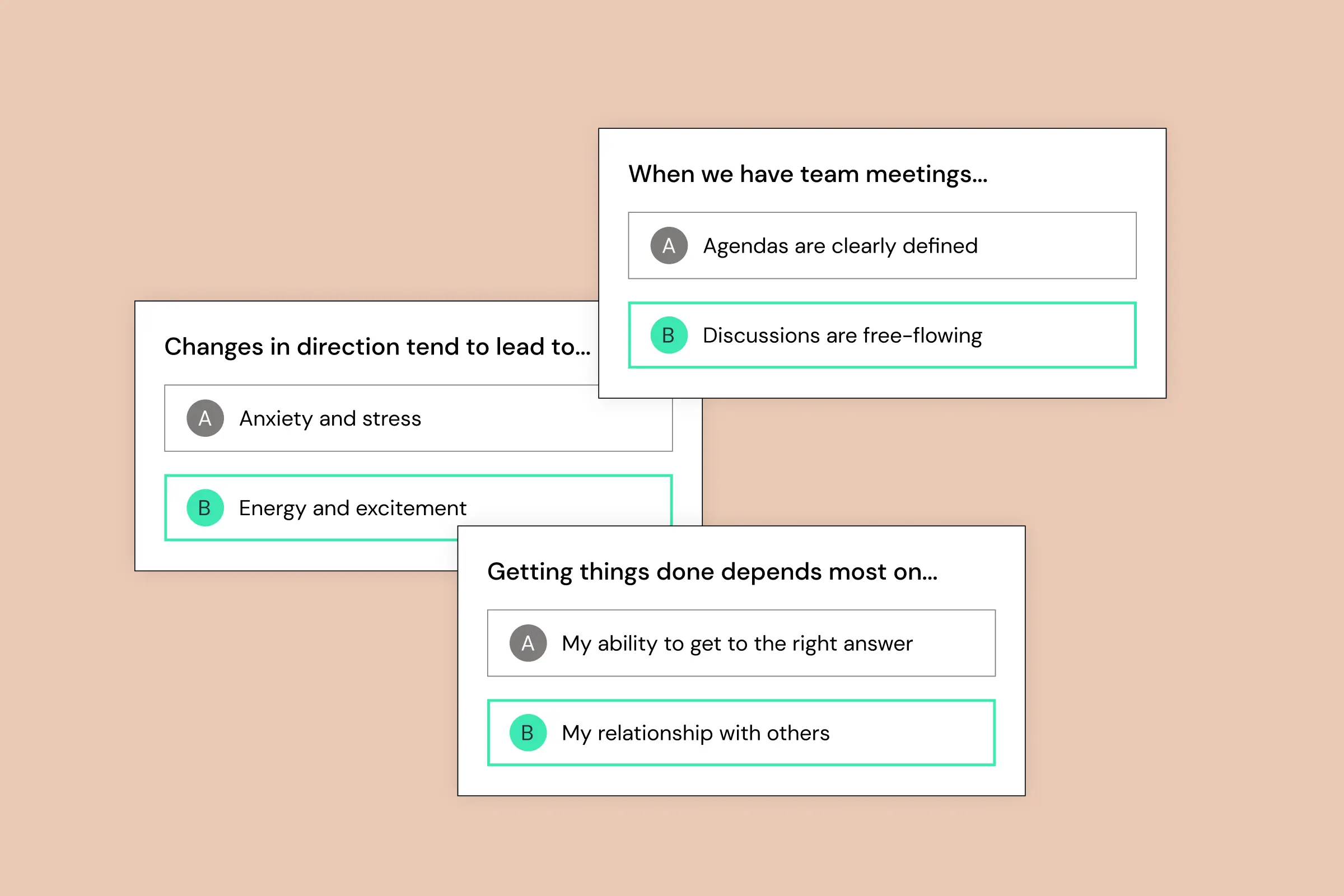

.png)
